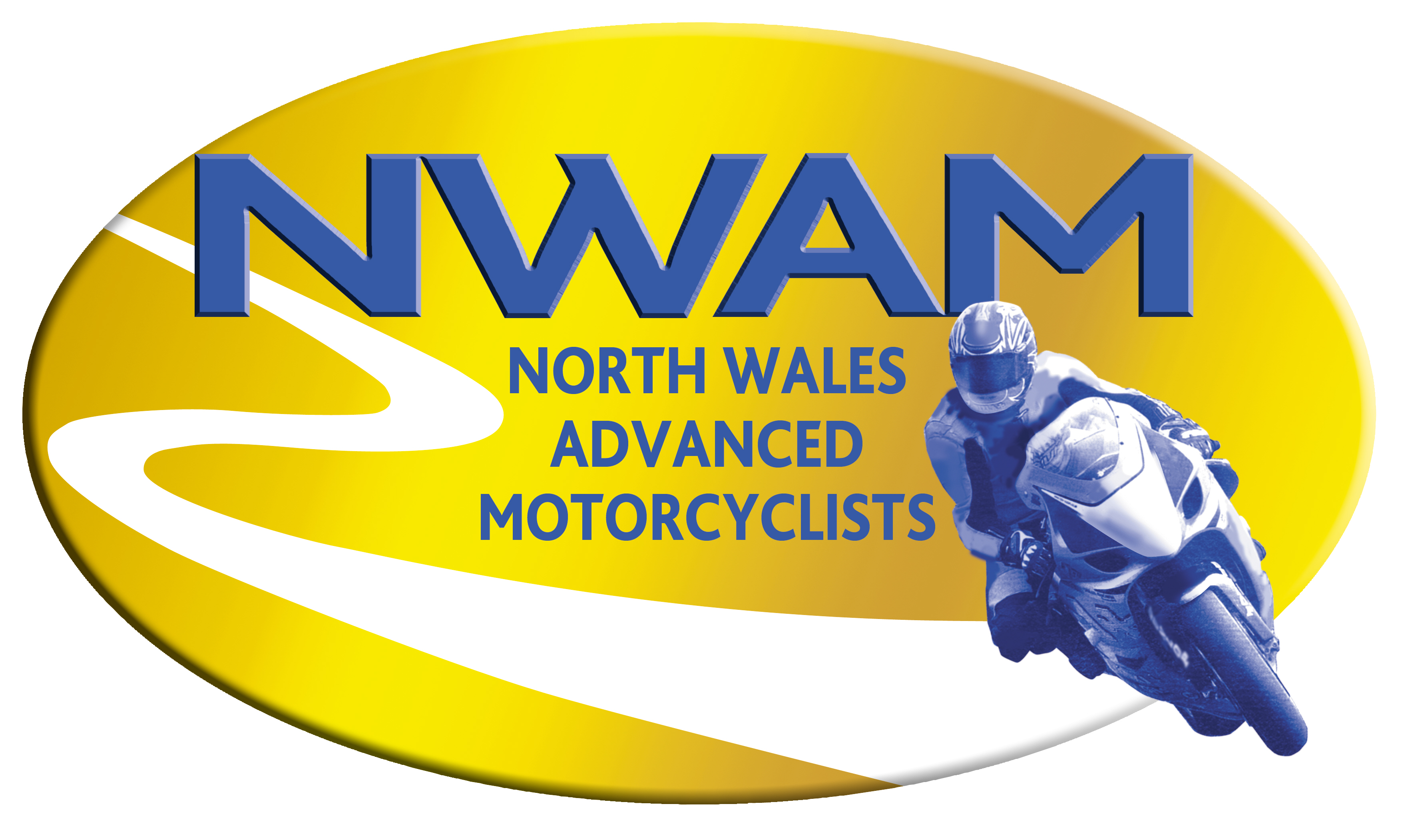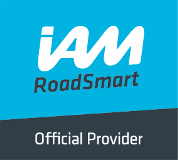Our Advanced Rider course will help make you a safer rider and could save you money.
Up and coming...
The Group are always looking for volunteer members to lead rides. Help to those who have never led rides will be given.
Contact:
rideouts.nwam@nwam.org.uk
Take an advanced ridingcourse
Hold your horses: tips from IAM RoadSmart
- If you are approaching a horse from behind, hold back whilst getting enough information to pass safely. Do not get any closer than three car lengths and be careful not to creep into this space. Be prepared to slow down further or even stop to protect this space. Avoid sudden movements as horses may react. They can move incredibly quickly
- Don’t spook them. Actions such as sounding your horn, revving your engine and playing loud music can spook the horse. Always drive gently and predictably. Remember there are three brains working, the driver’s, the rider’s and the horse’s
- Make sure you give the rider enough space when passing them. We recommend at least a car’s width and make sure this is done slowly – remember always pass “slow and wide,” good advice is no more than 15mph
- Often when riding two abreast it is for safety reasons, an inexperienced rider or a nervous animal being coached along by a more experienced companion. Give them some consideration
- Keep an eye out for the rider. They will often give you signals asking you to stop or slow down. Riders will often acknowledge a safe pass but remember their top priority is to keep their hands on the reins and maintain control of the horse.
- Always accelerate gently once you have passed the horse. A rider and the horse may both be inexperienced and nervous in traffic
Richard said: “Dealing safely with horses is a classic example of where applying the rules of good driving helps us to share space safely. Use the information around you – road signs, horses in fields, horse muck on the road or signs to an equestrian centre are all clues to help you anticipate meeting riders on the road. Controlling your speed so that you can deal with the unexpected is very important in rural areas. After that be sensible, don’t get too close and ‘wide and slow’ is the mantra.
For further information contact the British Horse Society
Notes to editors:
- Richard Gladman is IAM RoadSmart’s head of driving and riding standards.
- IAM RoadSmart has a mission to make better drivers and riders in order to improve road safety, inspire confidence and make driving and riding enjoyable. It does this through a range of courses for all road users, from online assessments through to the advanced driving and riding tests. IAM RoadSmart is the trading name of all businesses operated by the UK’s largest road safety charity, the Institute of Advanced Motorists (IAM) and was formed in April 2016 combining the IAM, IAM Drive & Survive, PDS and IAM Driver Retraining Academy. The organisation has 92,000 members and campaigns on road safety on their behalf. At any one time there are over 7,000 drivers and riders actively engaged with IAM RoadSmart’s courses, from members of the public to company drivers, while our Driver Retraining Academy has helped 2,500 drivers to shorten their bans through education and support programmes.
To find out more about IAM RoadSmart products and services visit the new website www.iamroadsmart.com
To find out the name of your own local IAM RoadSmart group please visit: https://wwwiamroadsmart.com/local-groups
Media contacts:
Further information from:
IAM RoadSmart press office – 020 8996 9777
press.office@iam.org.uk / www.iamroadsmart.com
ISDN broadcast lines available
Follow us:
On Facebook: www.facebook.com/IAMRoadSmart
